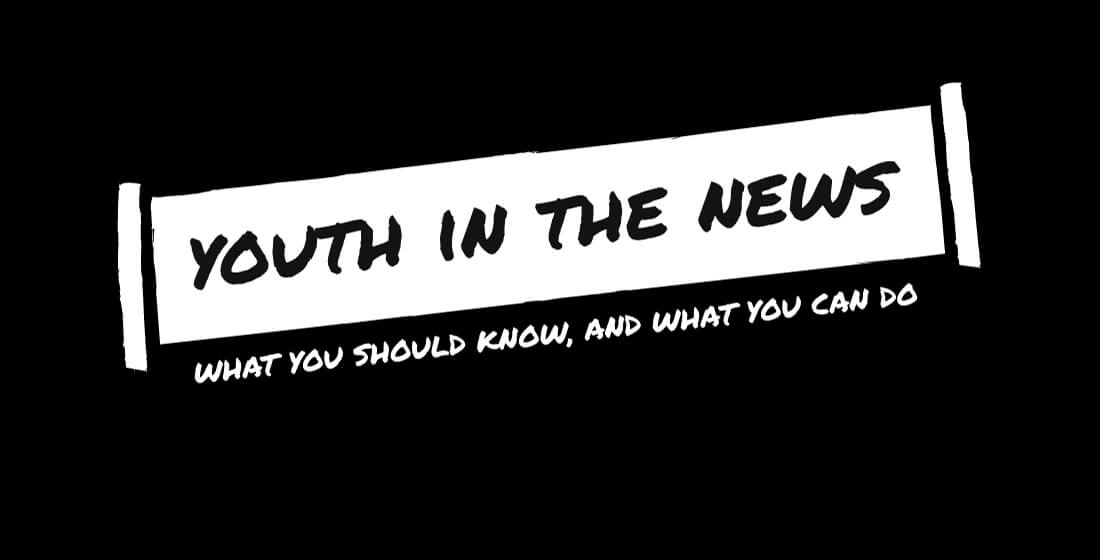Federal Transgender Legislation
Quick Fact: Statistics collected by TransPULSE in Ontario determined that “on the basis of gender identity, 73% of trans people have been made fun of, 39% have been turned down for a job, 26% have been assaulted, and 24% have even been harassed by police.”
Yesterday, in Montreal, Prime Minister Trudeau accepted the Laurent McCutcheon Award for his continued dedication to supporting lesbian, gay, transgender, and bisexual individuals in Canada. While accepting this award, the Prime Minister announced that a bill will be tabled in the House of Commons today, the International Day Against Homophobia and Transphobia, that will “ensure the full protection of transgender people”.
The rights of transgender people has been in the news over the last while, partly due to the recent changes in U.S. legislation. Last month, Mississippi and North Carolina made headlines in the U.S. and around the world as governors from both states signed legislation that has negative implications for the LGBTQ community. The legislation in Mississippi, signed by Gov. Phil Bryant allows “individuals and institutions with religious objections to deny services to gay couples.”
House Bill 2, also known as the “bathroom bill”, was proposed and passed by North Carolina’s General Assembly and signed into law by Gov. Pat McCrory on March 23, 2016. This bill bans anti-discrimination protections based on sexual orientation. The moniker “bathroom bill” comes from the fact that the bill requires transgender people in government buildings and public schools to use the bathrooms that match the gender that is on their birth certificates.
Many people and businesses alike have come out against these laws. PayPal backed out of a $3.6 million investment in North Carolina, while organizations such as Starbucks, Facebook, Apple, and Citibank have signed a public letter to Gov. Pat McCrory to repeal the legislation. Entertainers have also voiced their disapproval, with many cancelling scheduled performances in the state; Bruce Springsteen and the E Street band were one of the first to cancel, apologising to fans while stating that they felt a need “to show solidarity for those freedom fighters.”
“Some things are more important than a rock show and this fight against prejudice and bigotry — which is happening as I write — is one of them. It is the strongest means I have for raising my voice in opposition to those who continue to push us backwards instead of forwards.”
– Bruce Springsteen, official statement
While Canada does not have legislation like the ‘bathroom bill’, fighting for full equity for transgender peoples continues to be a challenge. For example, adding gender identity to the Canadian Human Rights Act has been a long process. Back in 2004, the first bill to add gender identity was tabled by NDP MP Bill Siksay, then again in 2006, 2007, 2009 and 2010. Although a bill was passed in the House of Commons in 2011, Parliament was dissolved shortly after. NDP MP Randall Garrison continued the work that Siksay started, but his bill, C-279 was stalled in the Senate.
This morning, Justice Minister Jody Wilson-Raybould announced in Ottawa, “I’m proud to say that moments ago, I introduced legislation, Bill C-16 … that would ensure that Canadians will be free to identify themselves and to express their gender as they wish while being protected against discrimination and hate, because as Canadians, we should feel free and safe to be ourselves.”
“It will improve our future so that we can live a more accepting, a more joyful life …,”
– Charlie Lowthian Rickert, 10 year old transgender girl
Although every province and territory in Canada has a human rights code, only the Northwest Territories, Manitoba, Ontario, and Nova Scotia clearly acknowledge human rights complaints regarding gender identity. As a result, in these parts of the country, gender identity discrimination is handled the same way as any other discrimination claim.
In other provinces and territories, implicit recognition exists. This means that the link between discrimination and a claimant’s gender is recognized, however, gender identity is not part of the human rights code. Bill C-16 is a monumental step forward because as federal legislation, it guarantees both legal and human rights protection for transgender people nationally. (Egale Canada’s Human Rights Trust)
Introducing legislation that makes LGBTQ rights a national priority is a necessary step in combatting discrimination in Canada. This legislation is important for all transgender peoples, including trans youth who consistently face bullying, issues around their participation in activities, and of course, which bathrooms they use in schools. As school boards come under provincial jurisdiction, it is the human rights legislation of each province or territory that handles gender identity/gender discrimination within schools. Bill C-16 has an opportunity to alleviate some of the challenges and discrimination that transgender youth deal with daily, providing much needed safer spaces. (Which Way to the Restroom? Respecting the Rights of Transgender Youth in the School System: A North American Perspective)
Select News Coverage:
THE NEW YORK TIMES
Anti-Gay Laws Bring Backlash in Mississippi and North Carolina
BRUCE SPRINGSTEEN OFFICIAL SITE
A Statement from Bruce Springsteen on North Carolina
THE TORONTO STAR
Liberals to table transgender rights bill on Tuesday
CBC NEWS
Transgender Canadians should ‘feel free and safe’ to be themselves under new Liberal bill
“Today is about ensuring that all people — regardless of sexual orientation or gender identity — feel safe and secure, and empowered to freely express themselves.”


